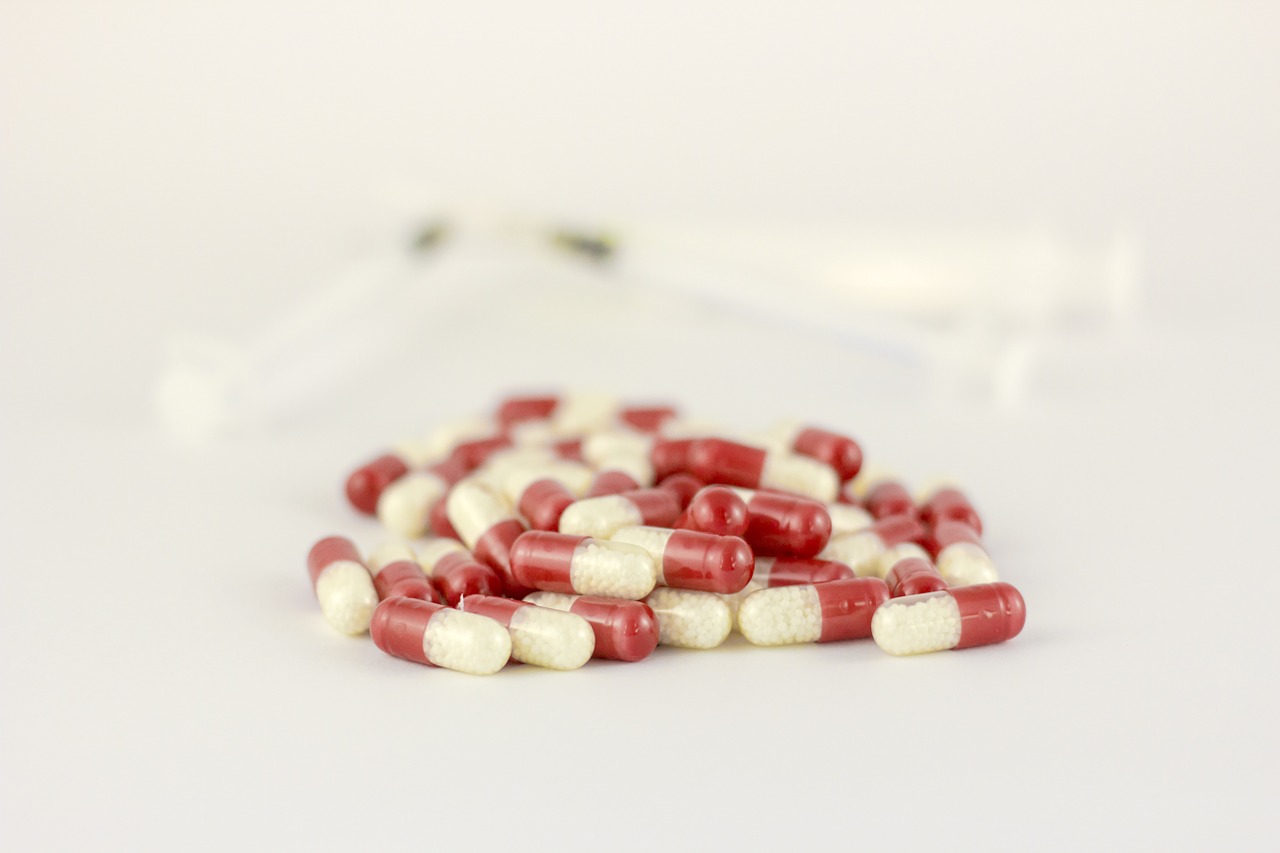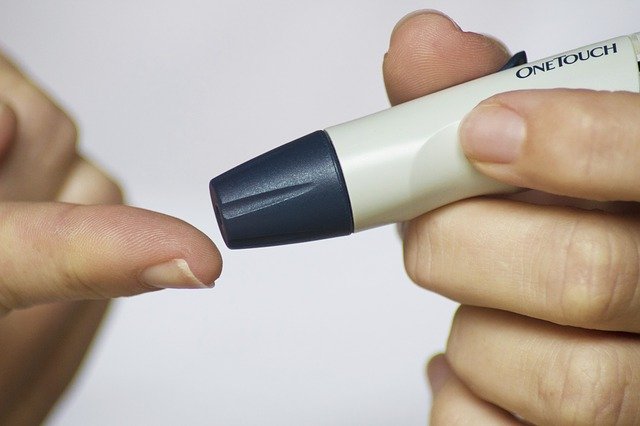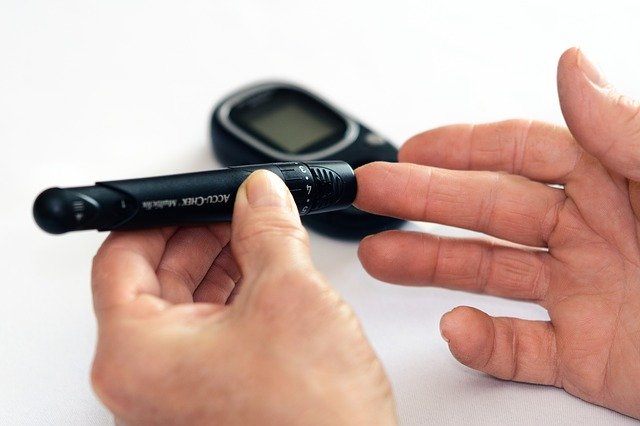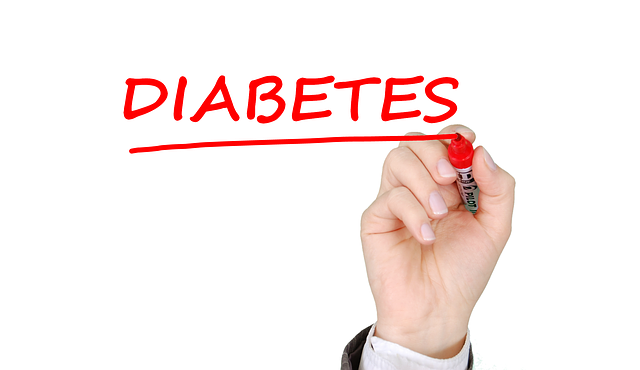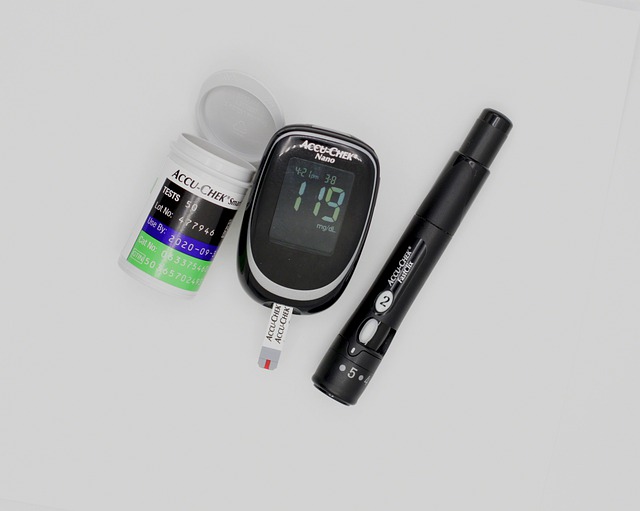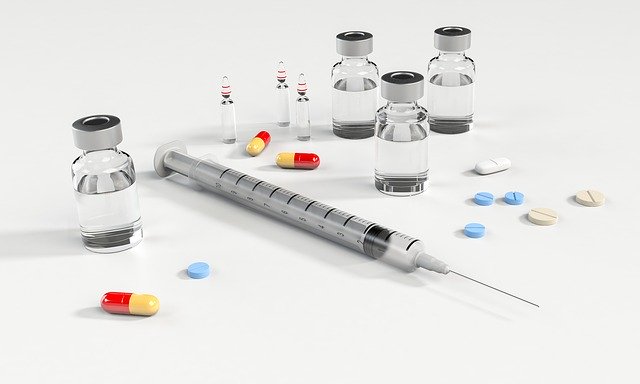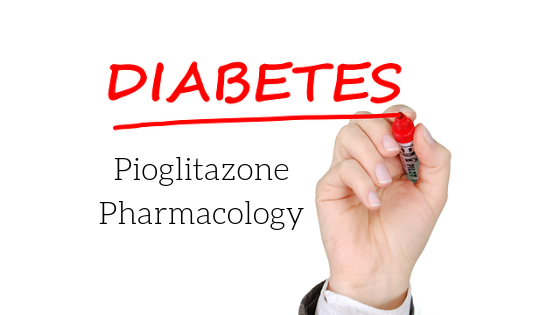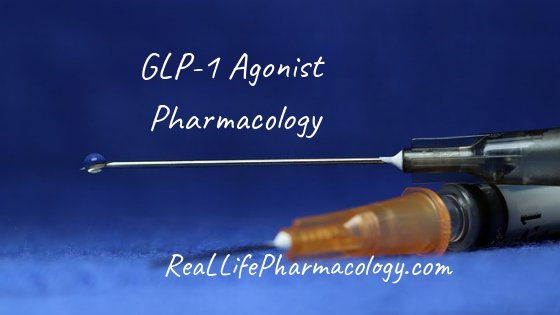Podcast: Play in new window | Download (Duration: 12:51 — 17.6MB) | Embed
On this episode I discuss empagliflozin pharmacology and how this medication lowers blood sugar.
In this episode, I talk about empagliflozin pharmacology. Empagliflozin is more commonly known by the brand name Jardiance and is in the class of sodium-glucose co-transporter-2 inhibitors or SGLT2 inhibitors. Jardiance use has definitely escalated over the last few years in the management of type 2 diabetes, but this has been changing a little bit as well due to recent evidence for the cardiovascular benefits from this medication.
The sodium-glucose co-transporter-2 is found in the kidney and is responsible for helping the body reabsorb glucose back into the bloodstream. The way empagliflozin works is by inhibiting this transporter, more glucose is excreted into the urine and ultimately lowering the blood sugar since it is not being reabsorbed. Empagliflozin has additional benefits outside of blood sugar reductions. Studies found that patients with or without diabetes receive cardiovascular protective effects from this medication, including a reduction in heart failure hospitalizations and reducing the risk of death in patients with ASCVD. Additionally, empagliflozin has shown some benefits in protecting renal function over time in patients with and without chronic kidney disease (CKD).
Dosing is pretty straightforward for this medication. Empagliflozin is taken once daily and is an oral medication, which is nice for patients who do not want injectable therapy. Dosing starts at 10 mg once daily and may be increased up to 25 mg daily if tolerated. This increase is typically done after about 4 weeks to see if it is needed. In patients with renal dysfunction and an eGFR less than 45 mL/min, FDA labeling states that empagliflozin should not be initiated, although there is a gray area in the 30-45 mL/min range that needs further study.
When thinking about the side effects of empagliflozin, it is helpful to keep the mechanism of action in mind, where we are increasing the urinary glucose. This can also lead to more fluid being excreted with the glucose, causing a decrease in blood pressure and dehydration risks. This is important to keep in mind for patients who are more prone to hypotension, including elderly patients. Empagliflozin also causes increased genitourinary fungal infections and UTIs due to the increase in sugar in the urine. Other rare adverse effects include ketoacidosis, necrotizing fasciitis risk, bone fracture, and lower limb amputation, however, this one has more controversial evidence.
For monitoring parameters, assessing A1c reduction and blood sugars is definitely important in our patients with diabetes. Patients on empagliflozin should also have their renal function monitored, as well as any blood pressure lowering. It is also important to keep an eye on any prescribing of antifungals, the incidence of UTIs, and assessing for signs of ketoacidosis.
The most important and common drug interactions are typically associated with additive effects with empagliflozin. Diuretic use can increase the risk for dehydration and hypotension. Additive blood sugar-lowering effects when empagliflozin is used with other agents such as insulin and sulfonylureas and can increase the patient’s risk for hypoglycemic episodes. Finally, blood pressure medication dosages may need to be reduced if empagliflozin is causing hypotension. Since empagliflozin is not hepatically metabolized, CYP450 drug interactions are not a problem.
I discuss important drug interactions on the podcast, be sure to check out my latest project which is a 200+ page book on managing drug interactions in primary care.
Be sure to check out our free Top 200 study guide – a 31 page PDF that is yours for FREE!
Resources:
Empagliflozin. Micromedex DrugDex. IBM Micromedex. Accessed July 29, 2021.Yusuf T, Raji YR, Lasisi TJ, et al. Predictors of taste dysfunction and its severity among patients with chronic kidney disease. Ear Nose Throat J. Published online July 19, 2021. doi:10.1177/01455613211019708.
